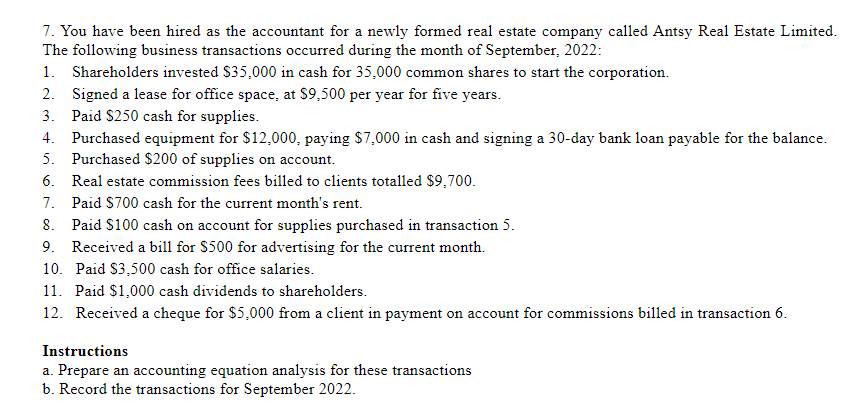REITs traditionally have delivered competitive overall returns, based upon high, consistent dividend income, and long-lasting capital gratitude. The FTSE Nareit U.S. Property Index Series is an extensive household of REIT efficiency benchmarks that cover the commercial property space across the U.S. economy.
REITs purchase a large scope of property residential or commercial property types, including workplaces, apartment, storage facilities, retail centers, medical facilities, data centers, cell towers, infrastructure and hotels. Many REITs focus on a particular home type, but some hold multiples types of homes in their portfolios. Noted REIT properties are categorized into one of 13 residential or commercial property sectors. Many REITs operate along a straightforward and easily easy to understand company model: By renting space and gathering rent on its genuine estate, the company creates earnings which is then paid to investors in the form of dividends. REITs need to pay out at least 90 % of their taxable earnings to shareholdersand most pay out 100 %.
m, REITs (or mortgage REITs) do not own realty directly, rather they finance real estate and make earnings from the interest on these financial investments. REITs historically have actually delivered competitive total returns, based upon high, steady dividend earnings and long-lasting capital gratitude. Their relatively low connection with other assets likewise makes them an exceptional portfolio diversifier https://writeablog.net/dubnosezkh/the-benefits-that-feature-purchasing-property-are-almost-endless-how-to-get-a that can help in reducing overall portfolio risk and increase returns. These are the attributes of REIT-based property financial investment. REITs' track record of reputable and growing dividends, combined with long-lasting capital gratitude through stock price increases, has actually provided investors with attractive total return efficiency for a lot of durations over the past 45 years compared to the wider stock market in addition to bonds and other possessions.
That suggests placing their homes to attract tenants and earn rental earnings and handling their home portfolios and buying and selling of assets to construct value throughout long-term property cycles.
A property investment trust (REIT) is a company that owns, operates, or financial resources income-generating realty. Designed after shared funds, REITs pool the capital of various financiers - How to get a real estate license in oregon. This makes it possible for individual financiers to earn dividends from realty investmentswithout needing to buy, handle, or fund any residential or commercial properties themselves. A property Have a peek at this website investment trust (REIT) is a business that owns, operates, or finances income-producing residential or commercial properties. REITs produce a consistent income stream for financiers however offer little in the way of capital gratitude. The majority of REITs are openly traded like stocks, that makes them highly liquid (unlike physical property investments).

How Much Do Real Estate Appraisers Make Can Be Fun For Everyone

Congress developed REITs in 1960 as a change to the Stogie Excise Tax Extension. The provision permits investors to buy shares in industrial genuine estate portfoliossomething that was previously offered just to wealthy individuals and through large financial intermediaries. Residence in a REIT portfolio may include apartment building, information centers, healthcare centers, hotels, infrastructurein the kind of fiber cables, cell towers, and energy pipelinesoffice structures, retail centers, self-storage, forest, and warehouses. In basic, REITs specialize in a particular realty sector. However, varied and specialty REITs might hold different kinds of residential or commercial properties in their portfolios, such as a REIT that consists of both workplace and retail residential or commercial properties.
These REITs usually trade under considerable volume and are thought about very liquid instruments. Most REITs have a straightforward service model: The REIT leases space and collects rents on the properties, then distributes that earnings as dividends to shareholders. Home loan REITs do not own realty, but financing property, instead. These REITs make earnings from the interest on their investments. To certify as a REIT, a business must abide by particular provisions in the Internal Income Code (IRC). These requirements include to mainly own income-generating property for the long term and distribute earnings to investors. Particularly, a business needs to satisfy the list below requirements to certify as a REIT: Invest at least 75% of total properties in realty, cash, or U.S.
There are 3 kinds of REITs: Most REITs are equity REITs, which own and handle income-producing genuine estate. Incomes are generated primarily through leas (not by reselling homes). Home loan REITs lend money to realty owners and operators either straight through home mortgages and loans, or indirectly through the acquisition of mortgage-backed securities. Their revenues are generated mainly by the net interest marginthe spread between the interest they make on mortgage loans and the expense of moneying these loans. This model makes them potentially delicate to rates of interest increases. These REITs utilize the investment techniques of both equity and home loan REITs.
They are controlled by the U.S. Securities and Exchange Commission (SEC). These REITs are also signed up with the SEC however do not trade on national securities exchanges. As a result, they are less liquid than openly traded REITs. Still, they Discover more tend to be more stable since they're exempt to market changes. These REITs aren't registered with the SEC and don't trade on nationwide securities exchanges. In basic, private REITs can be offered just to institutional investors. You can buy openly traded REITsas well as REIT shared funds and REIT exchange-traded funds (ETFs) by buying shares through a broker. You can buy shares of a non-traded REIT through a broker or financial consultant who takes part in the non-traded REIT's offering.
An estimated 87 million U.S. financiers own REITs through their retirement cost savings and other financial investment funds, according to Nareit, a Washington, D.C.-based REIT research study firm. REIT activities resulted in the circulation of $69 billion in dividend income in 2019 (the most recent data available). There are more than 225 publicly-traded REITs in the U.S., which indicates you'll have some homework to do prior to you choose which REIT to purchase. Make sure to consider the REIT's management team and track recordand learn how they're compensated. If it's performance-based compensation, chances are they'll be working hard to choose the right financial investments and select the very best methods.
The Single Strategy To Use For How Much Is It To Get Your Real Estate License
An especially helpful metric is the REIT's funds from operations (FFO), which is calculated by including devaluation and amortization to earnings, and then subtracting any gains on sales. REITs can play a vital part in an investment portfolio due to the fact that they can use a strong, steady annual dividend and the capacity for long-lasting capital appreciation. REIT overall return performance for the last twenty years has surpassed the S&P 500 Index, other indices, and the rate of inflation. Similar to all investments, REITs have their benefits and disadvantages. On the plus side, REITs are simple to purchase and sell, as the majority of trade on public exchangesa function that alleviates a few of the conventional disadvantages of property.